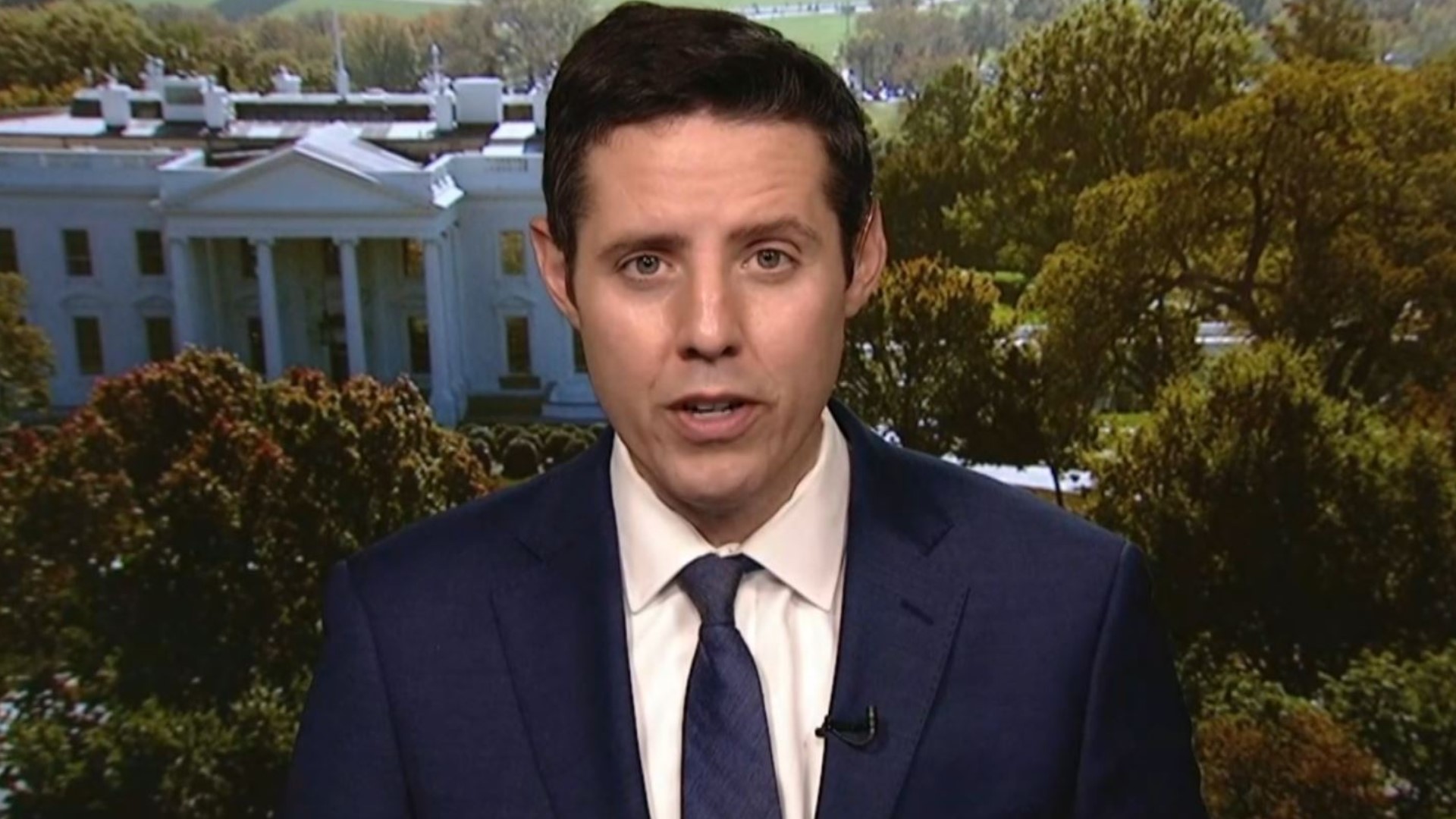The presidential campaigns are in their final stretch with just 12 days until Nov. 3.
And with the final presidential debate happening Thursday night, Local 5 is bringing in an expert to give you more context.
Local 5: I want to start with tonight's debate, obviously. A mute button has been installed to cut down on the interruptions that plagued that first debate between President Trump and Joe Biden.
So do you think that will bring a traditional sense of civility to what we'll see tonight?
Rick Klein, ABC News Political Director: Well, it's only going to apply to the initial answers. So each candidate will have an uninterrupted two minutes to make his case. After that all bets are off. There is no more muting, the candidates will go at it.
I hope that it turns the temperature down a little bit. I thought the first presidential debate, you know, three weeks ago or so was was frankly a debacle. I don't think anyone wants to see a return to the name calling and talking over each other that we witnessed then.
So hopefully this gives us a little bit of a different tone, a different tenor. Ultimately, though, the debate belongs to the people on the debate stage, and Joe Biden and Donald Trump are grown men. There's a lot on the line, we're in the middle of a very hot election with only 12 days left into the final day of voting on Election Day.
So they're going to have the kind of debate that they want, and it might devolve into just about anything that we might imagine.
Local 5: Turning now to battleground states: Can last-minute voter registration be enough to help decide an election? Or can you get a sense of possible outcomes with today's numbers?
Klein: I think it's hard to draw any firm conclusions based on party registration. Even early voting is a mixed bag. Even if you know exactly the party identification of people voting, you don't know who they voted for and you don't know how many people are waiting for Election Day itself.
And there's so many ... independent voters in this country. There aren't many undecided voters truly, but it is a question of who's able to be persuaded the most, whose side really turns out in larger numbers.
So I think the numbers are interesting. I pour over them along with everybody else involved with elections, but I think there are limits to the conclusions that you're able to draw.
Local 5: We want to move to Iowa's Senate race, because it's being closely watched by both parties as it could help swing the Senate or help maintain control.
So what should Iowa know about this specific race? And what are the major issues?
Klein: Well it has become just an absolute national focus of attention. And I think as in so many other places, it's hard to divorce the candidates from President Trump.
Senator Ernst, I think for better or for worse, is seeing her loyalty to the President play out. I think that the final confirmation vote expected in the next couple days for Amy Coney Barrett only solidifies that.
I think you're going to see the fortunes of the Senate maybe rise or fall in Iowa and maybe parallel the presidential race. We're seeing in state after state, including Iowa, where the Democrats kind of run together and he Republicans run together. It's hard to imagine there being a bigger issue than the president and all that means around around health care, around taxes and the economy. It all gets tied together.
And I think Iowa could be the race that determines control of the Senate.

